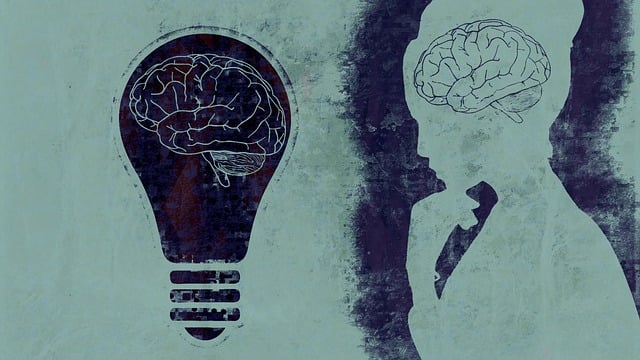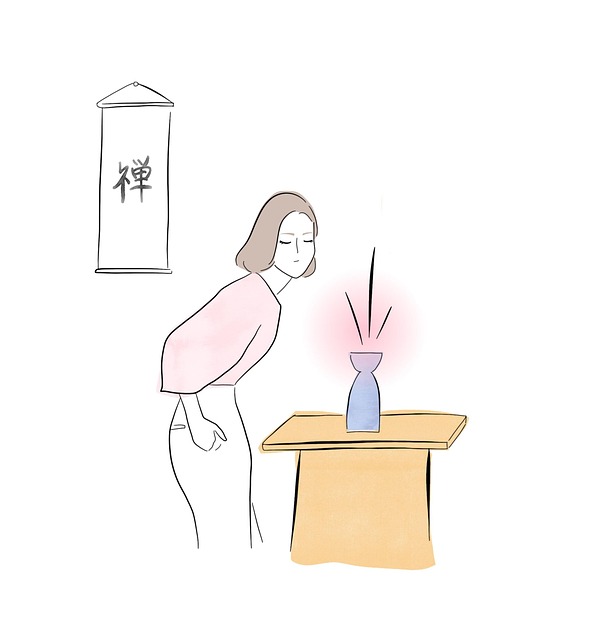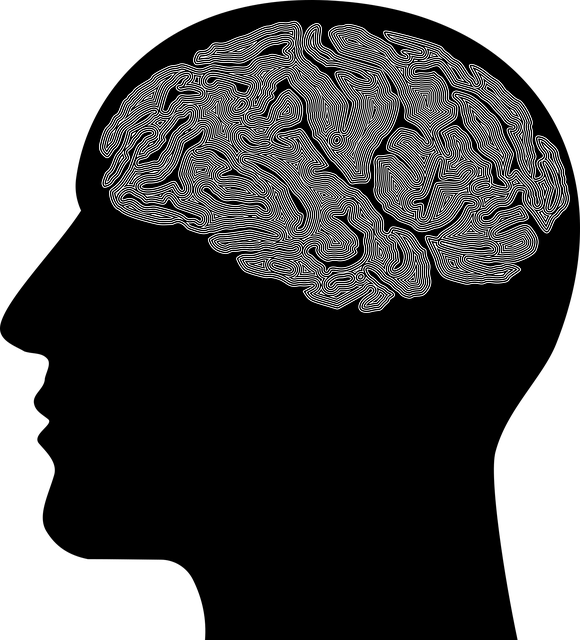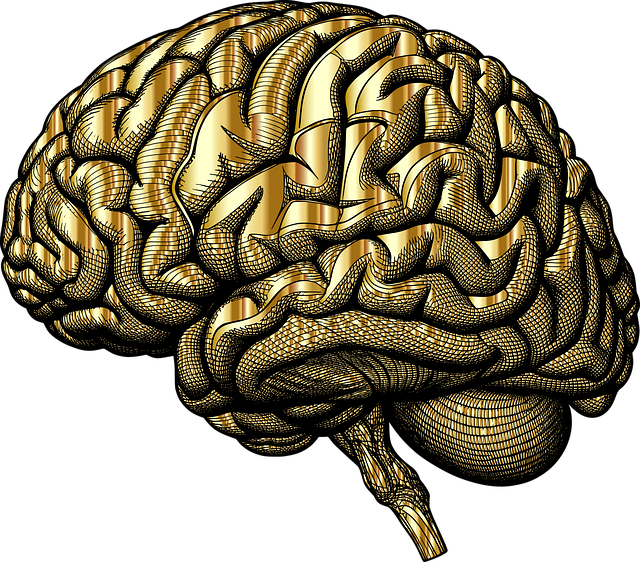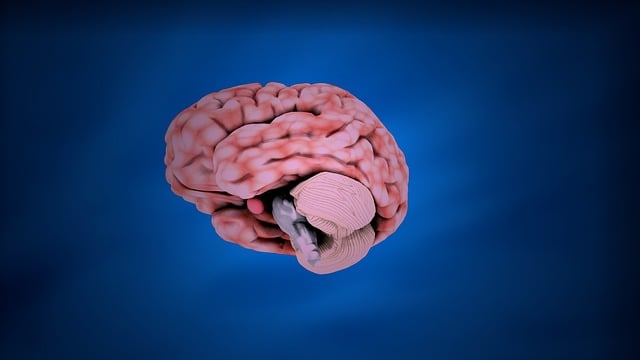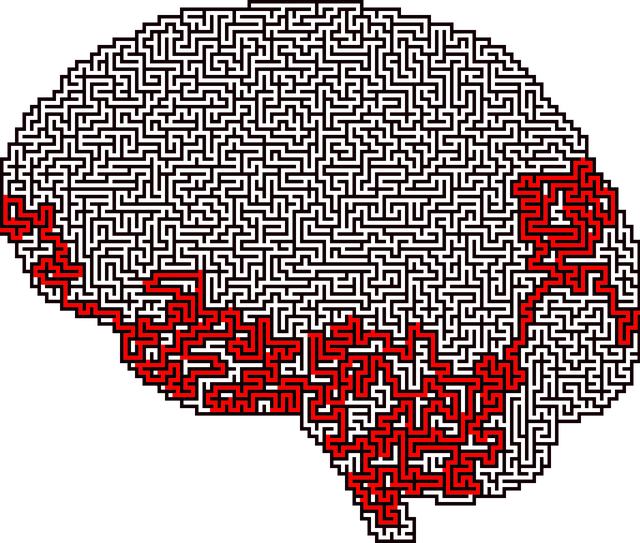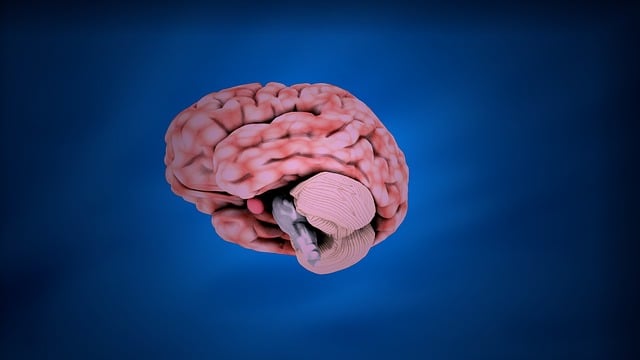Elderly individuals face unique stressors such as isolation, financial worries, and chronic pain management, which can negatively impact their mental and physical health. Chronic stress can lead to anxiety, depression, sleep issues, and weakened immune systems. Tailored therapy, including cognitive-behavioural therapy (CBT), crisis intervention, mindfulness meditation, and journaling, offers effective coping strategies for these challenges. These approaches reduce loneliness, manage pain, foster resilience, and promote healthy emotional expression, ultimately enhancing the quality of life for seniors, especially in managing chronic pain.
Stress reduction is a vital aspect of maintaining the well-being of elderly individuals. As our population ages, understanding and addressing the unique stressors they face becomes increasingly important. This article explores effective strategies to alleviate stress among seniors, focusing on holistic therapy approaches and environmental adjustments. We delve into mindfulness techniques like meditation, gentle exercises such as yoga, alternative therapies, and the significance of social connections, all crucial for managing pain and improving mental health in older adults.
- Understanding Elderly Stress and Its Impact
- – Exploring the unique stressors for older adults
- – Physical and mental health implications of prolonged stress
Understanding Elderly Stress and Its Impact

Stress in elderly individuals is a significant concern, often stemming from various sources such as physical health issues, financial worries, and feelings of loneliness. As people age, their bodies and minds undergo changes that can make them more susceptible to stress and its detrimental effects. For elders, managing stress effectively becomes an essential aspect of maintaining overall well-being.
The impact of chronic stress on the elderly can be profound, affecting both mental and physical health. It may lead to increased anxiety, depression, and sleep disturbances. Moreover, long-term stress can weaken the immune system, making seniors more vulnerable to diseases and illnesses. Therefore, implementing strategies for stress reduction is crucial. Therapy, including cognitive-behavioural therapy (CBT), has proven effective in helping elders manage pain, improve emotional regulation, and build resilience, ultimately enhancing their quality of life.
– Exploring the unique stressors for older adults

Older adults often face unique stressors that can significantly impact their overall well-being. As people age, they may experience increased isolation due to mobility issues or the loss of loved ones, leading to feelings of loneliness and depression. Financial concerns, such as managing healthcare costs and retirement planning, are also common sources of stress for this demographic. Additionally, chronic pain management becomes a critical aspect of their daily lives, affecting their physical and mental health and overall quality of life.
Therapy, specifically tailored for elders’ needs, can be a powerful tool to address these stressors. Crisis intervention guidance and mindfulness meditation practices have shown effectiveness in reducing loneliness and managing pain. Encouraging older adults to maintain a mental wellness journal as a form of exercise guidance can help them process their emotions and thoughts, providing an outlet for expression and a sense of control. These strategies promote resilience and support the development of healthy coping mechanisms, ensuring a better quality of life for seniors navigating these unique challenges.
– Physical and mental health implications of prolonged stress

Chronic stress can have profound effects on both physical and mental health, especially for older adults who may already face various health challenges. Prolonged exposure to stressful situations can lead to an increased risk of cardiovascular diseases, weakened immune systems, and cognitive decline. Mentally, it can contribute to anxiety disorders, depression, and insomnia, further exacerbating the individual’s overall well-being. Older adults might require specific therapy for pain management as stress can aggravate chronic conditions like arthritis or fibromyalgia.
Given these implications, it is crucial to address stress as a key component of holistic healthcare. This includes providing crisis intervention guidance tailored to older adults’ needs and considering cultural sensitivity in mental healthcare practice. By offering effective stress reduction methods, such as mindfulness techniques or social support networks, we can empower elders to maintain their independence and enhance their quality of life.
Stress reduction is a vital aspect of enhancing quality of life for elderly individuals. By recognizing and addressing unique stressors, such as physical limitations or social isolation, we can significantly improve their overall well-being. Incorporating therapy for elders and effective pain management strategies can play a pivotal role in this process. Through tailored interventions, older adults can navigate the challenges of daily living with greater ease, leading to improved mental health and a more fulfilling life.

